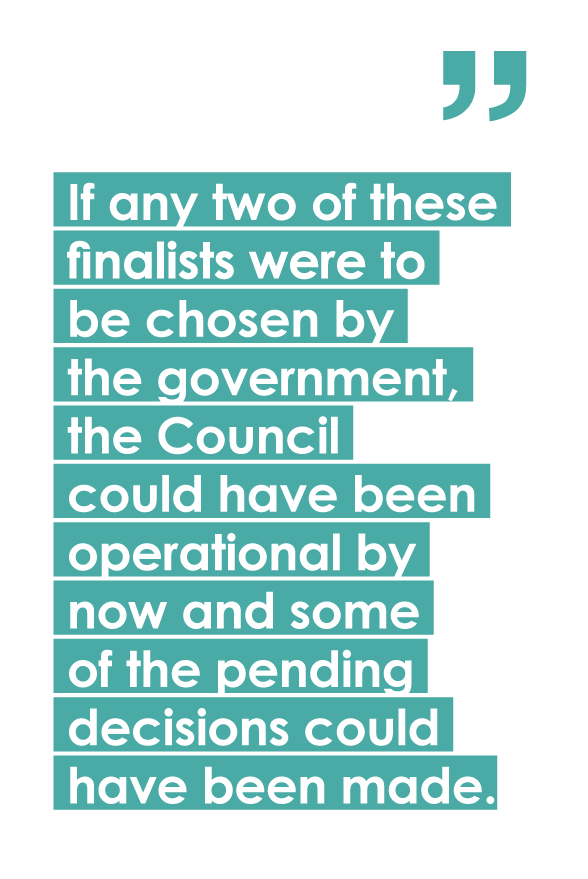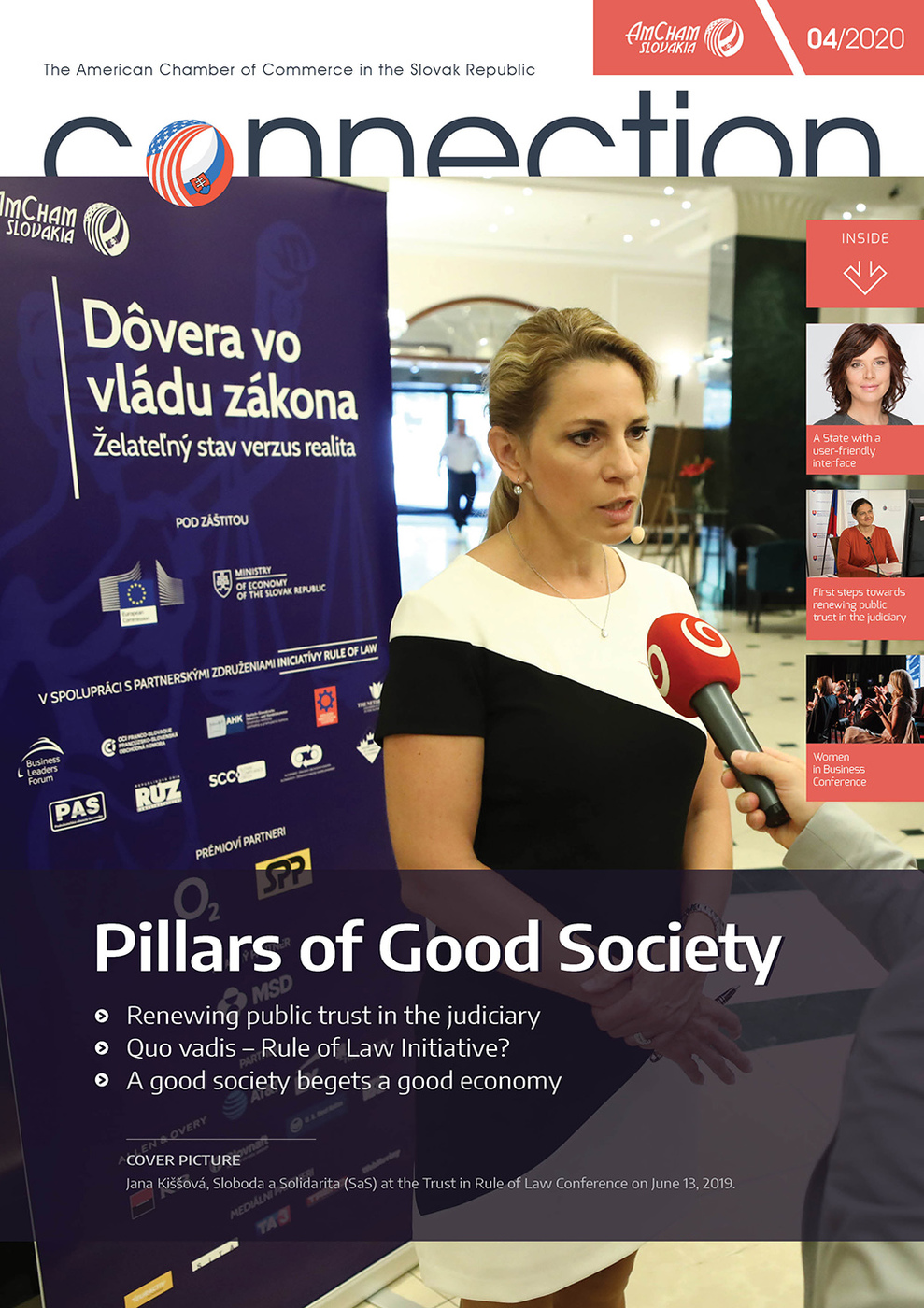The Rule of Law Initiative and Public Procurement
Public procurement has become one of the cornerstones of the entire Rule of Law Initiative in the past years as it not only embodies the fight against corruption in Slovakia from the businesses’ perspective, but it has always had a significant impact on the local business environment. An unfair or untransparent public procurement procedure can sometimes damage the competitive environment within a sector of the economy faster than a global crisis.
That is also why this topic has dominated the dialogue between the past government and the initiative’s members throughout the previous election term and business representatives remain well aware of the fact that despite the political shift in the Slovak politics, this topic shall never lose its importance. There has probably never been an easier way of making profit compared to a generous public contract without adequate checks and balances.
The Rule of Law Initiative therefore intensively commented on the Public Procurement Act revisions, observed and commented on the race for the position of the Public Procurement Office Chair, as well as struggled for a transparent process of election of the Council of the Public Procurement Office. Business representatives know very well that no matter how good the legislation is, without a functioning institutional system of oversight there can hardly be any improvement to the long-lasting pains.
The importance of Council of the Public Procurement Office
With the election of the recent Chair of the Public Procurement Office in 2017, the level of oversight has increased, and companies felt there was a chance for change in the local public procurement processes. But no matter how many claims were filed that were accepted and confirmed by the Public Procurement Office, the defendants repeatedly succeeded to turn the game around by referring their cases to the Council of the Public Procurement Office as the appealing body. It has become clear that without a well-functioning appealing body there is no chance for fair public procurement practices, particularly in the over-limit orders.

Why was this selection process important?
The 2020 selection process for two opened seats at the Council was under intense oversight by the business community as well as the media and the non-government sector. Several major procurement cases were to be decided by the Council but with three out of the nine seats remaining unoccupied, the council was paralyzed and no decisions were made to solve the criticized government contracts either for avoiding a transparent public procurement procedure or for conducting a discriminatory one.
Unprecedented level of public oversight
The new Government Office Chairman has re-launched the process with even greater emphasis on the transparency and credibility of the entire procedure and selected a new committee that included representatives of Transparency International, Institute of Economic and Social Reforms (INEKO), the Value for Money Office of the Finance Ministry or the Council for the Budget Responsibility. The anti-corruption attitude was obvious, and it is to the credit of the Rule of Law Initiative that it maintained a chair at the table. I had the honor and responsibility to represent it in the name of the many business organizations signed under the Rule of Law Initiative.
I must confirm that since the beginning, all members of the committee were very honest and open about their intention to find the best candidates for the council and every step was debated and evaluated very consciously. Surprisingly, 18 nominations were received which proved that legal and procurement professionals also considered this selection to be set for a fair competition. A total of 16 candidates made it to the final round of interviews in front of the committee, meaning their expert thesis, professional experience and personal background were evaluated as adequate by the set standards. The interviews lasted two full days and provided, in my opinion, a truly public hearing, where not only the commission members, but also the attendees in the room and on-line viewers were entitled to pose questions and grill the nominees.
Exemplar selection process, procrastinated decision making
At the end, based on the Statutes of the Commission, four candidates were selected for the government that was to decide on two that would take their positions without any delay. These candidates all presented the necessary knowledge, practical experience with both theory and practice of public procurement and most of all, high level of credibility. I believe I can speak on behalf of all committee members that if any two of these finalists were to be chosen by the government, the Council of the Public Procurement Office could have been operational by now and some of the pending decisions could have been made that the private sector is impatiently waiting for. The fact that it took until September 30th for the government to decide came as an unpleasant surprise to many of the committee members, as the early appointment of the new members of the council was set as one of the top priorities. Nevertheless, I am glad to conclude that two nominees were confirmed by the government, Peter Kubovič and Ivan Pudiš, and the council will, hopefully, return to standard functionality and produce decisions that will increase the predictability and trustworthiness of the public procurement environment.
Matej Stuška, Manager Public Affairs, O2 Slovakia, s.r.o.; Vice Chair, AmCham Public Procurement Task Force



Follow us